Baker’s Wife, The (1938)
“How could I suspect something I can’t believe even now?”
|
Synopsis: |
|
Genres, Themes, Actors, and Directors:
Response to Peary’s Review: He notes that “the great Raimu” — star of his earlier trilogy Marius (1931), Fanny (1932), and Cesar (1936) — “creates such a kind, moral, understanding character”: … that the ending (“one of the many splendid moments”) rings true, and he asserts that “you’ll believe all these characters truly live in this town.” Indeed, the screenplay is consistently delightful, beginning with a series of interactions that show us how divided the townsfolk have become over petty arguments (such as trees needing trimming): Meanwhile, they all desperately crave decent bread after months without any; and when they finally receive Raimu’s first loaves, we know a crucial element of life — bread itself — has been restored to their village: However, this triumph is instantly threatened by another essential life source: love (or at least amorous desire). Raimu is such a likable cuckold that it’s impossible not to feel for him as he makes up one excuse after another for why his wife may be gone — and even once he’s finally accepted the truth of her infidelity, he is depressed and melancholic rather than angry. How their situation finally becomes resolved — with other villagers’ relationships conveniently mended along the way — is the bulk of the storyline. This comedic tale, while slightly overlong at 2 hours and 13 minutes, remains a fine introduction to Pagnol’s work. Notable Performances, Qualities, and Moments:
Must See? Categories
(Listed in 1001 Movies You Must See Before You Die) Links: |
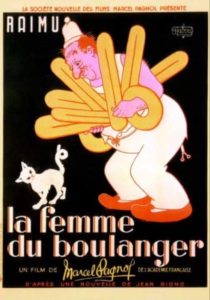
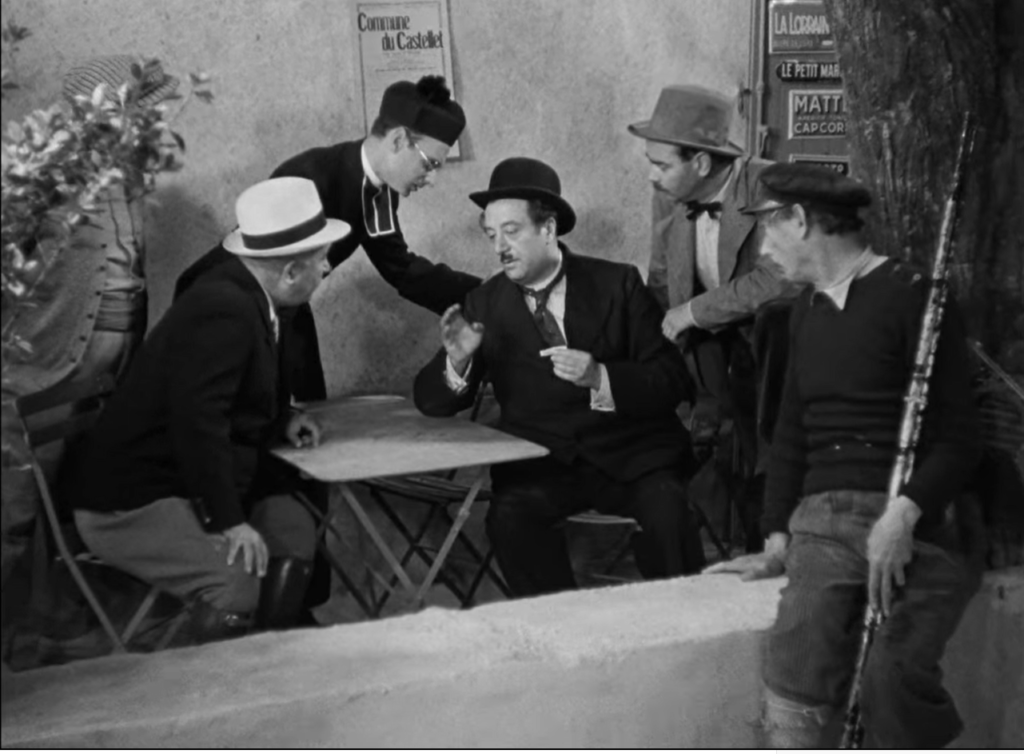
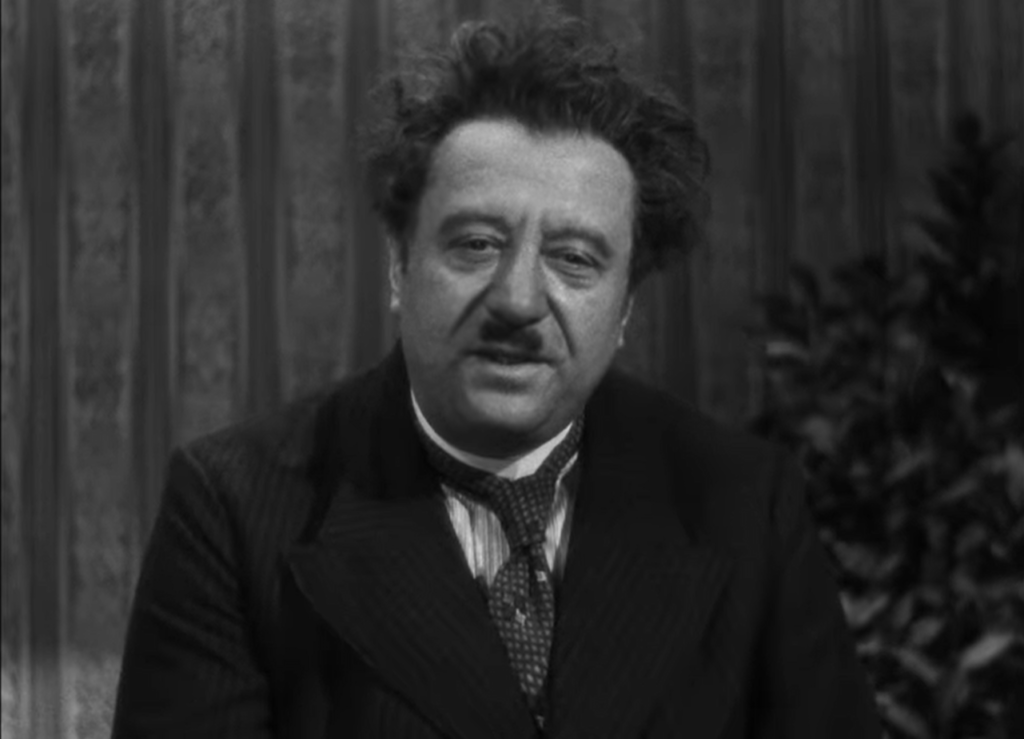
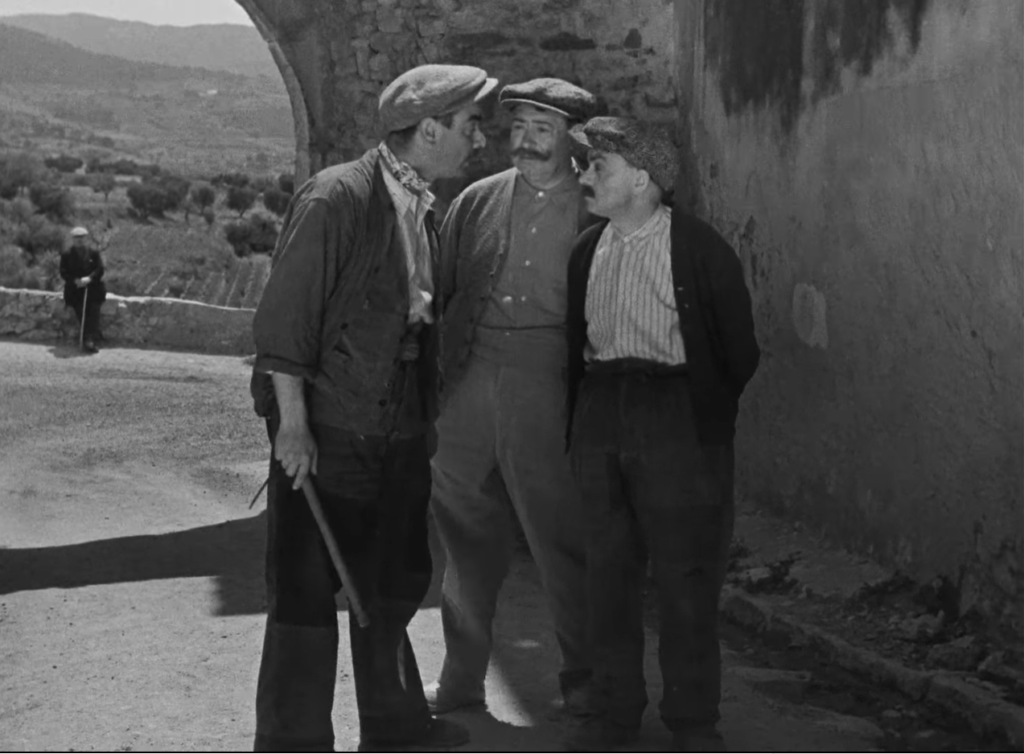
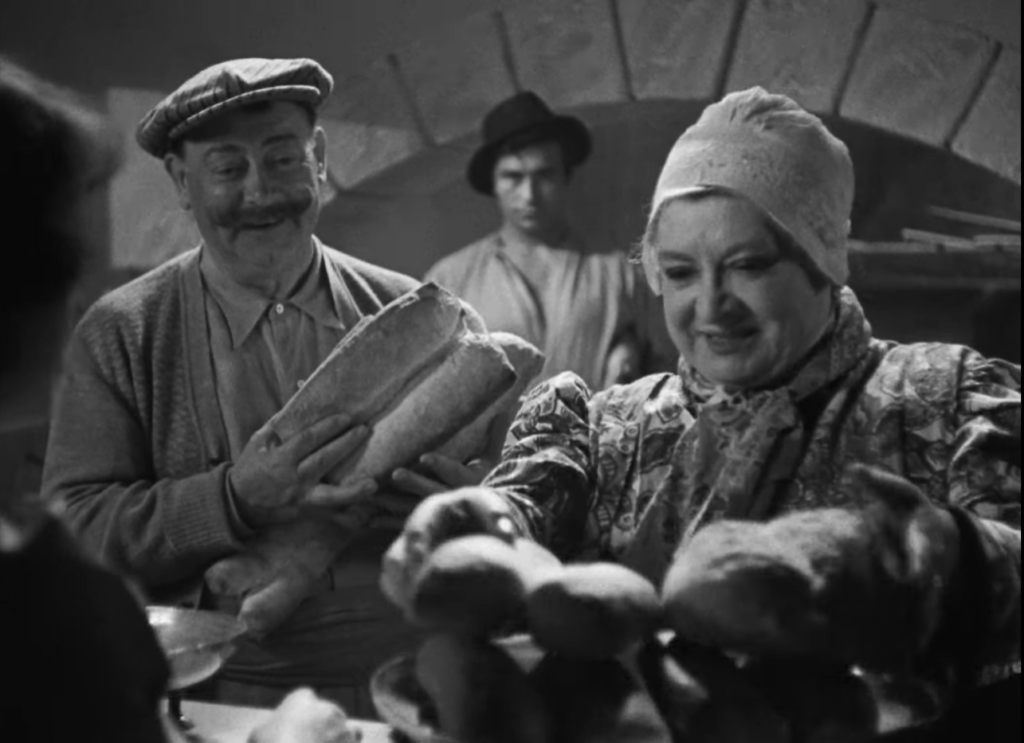
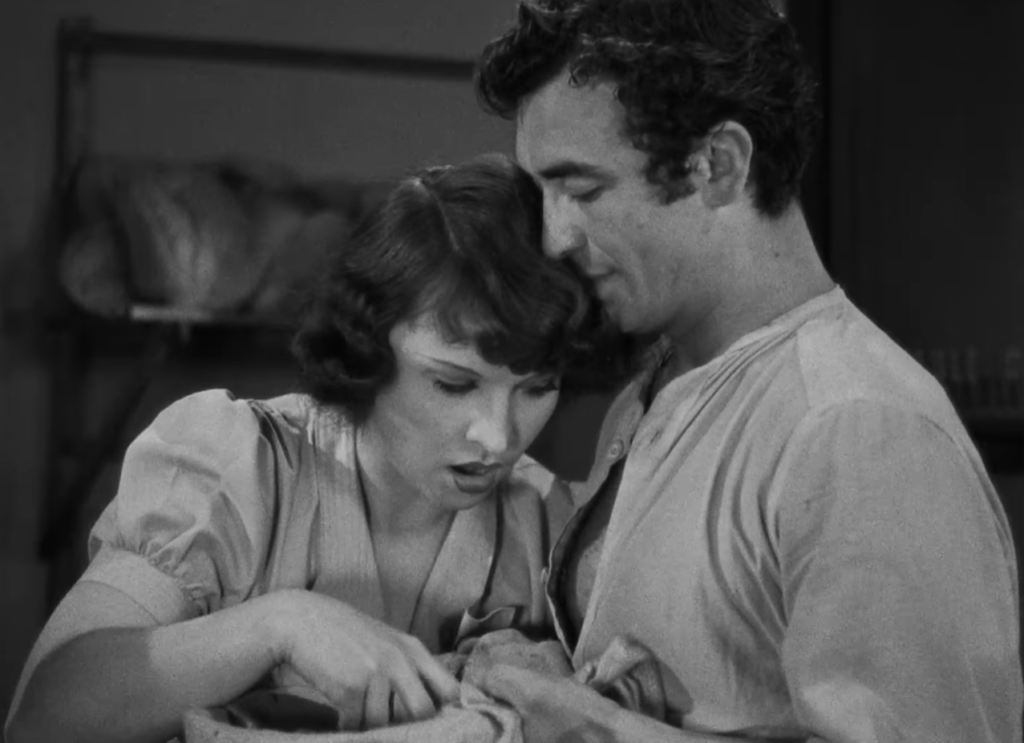
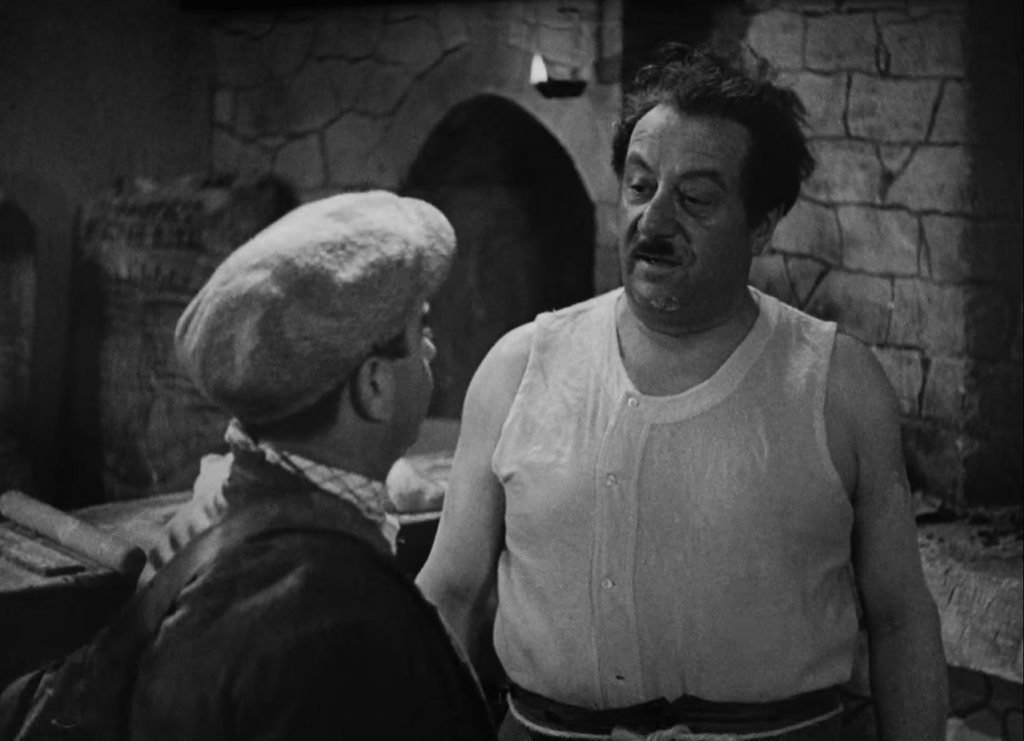
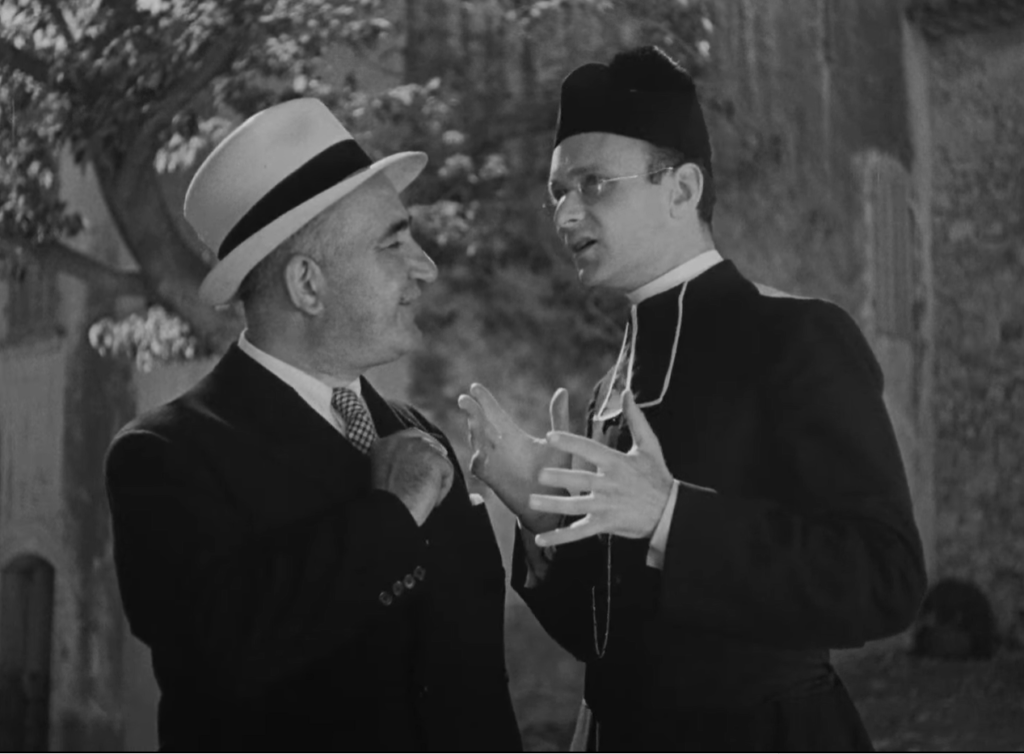
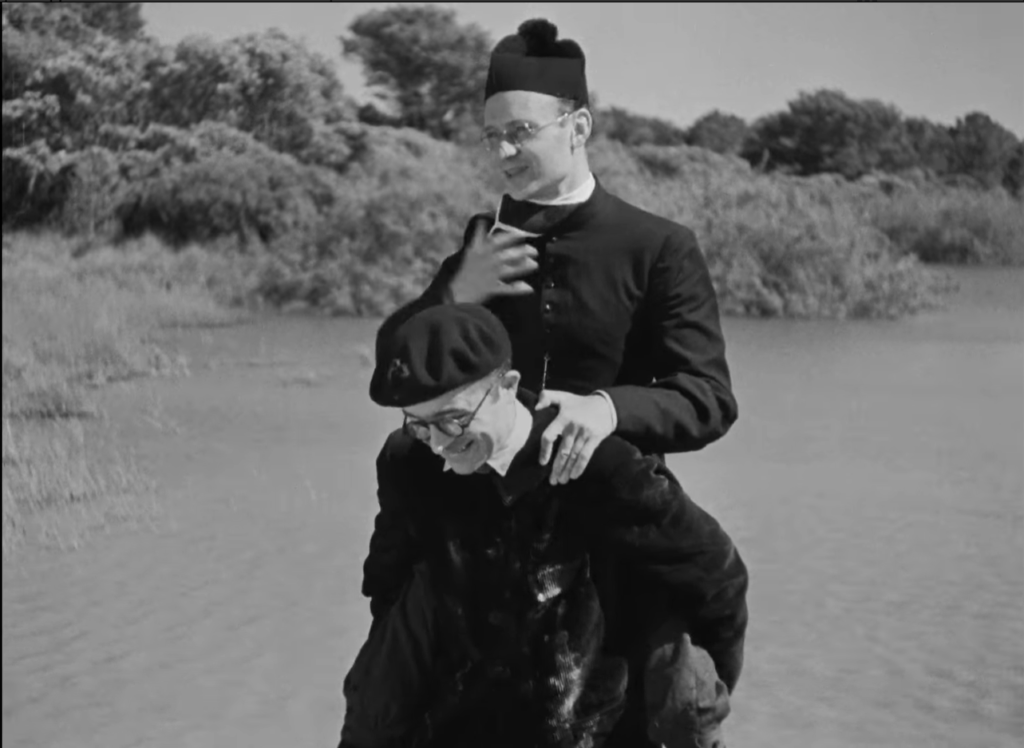
2 thoughts on “Baker’s Wife, The (1938)”
First viewing (1/27/20). Skip it; almost a total waste of time. (It’s probably clear by now that films by Pagnol generally do almost nothing for me. It’s not that I’m not a romantic; I kind of am. But Pagnol’s version of romanticism… – well, to be generous, it may be rather dated to me, at best.)
A woman is seduced away from her husband – even though she’s the one who instigates it. The film has nowhere to go from there. There’s a whole bunch of talk-talk-talk-talk-talk about her leaving and the baker goes on and on and on about how unhappy he is. His bread has been a godsend for the village so it falls to the village-folk to try and bring the wife back.
At one point, one of the townspeople goes off on a long-winded tale of having seen the wife – and someone says to him, “You’re beginning to bore us.” Exactly.
With a vicar prominently around, there’s a lot more talk about temptation and sin.
Pagnol handles the initial seduction provocatively. But the only other point of interest is at the end, when the baker reveals what has happened to his freshly baked bread. Still, the film’s conclusion isn’t all that believable.
All of this goes on for 134 minutes, most of which is simply tiresome.
Side Note: I find it curious that Peary remarks “you’ll believe all these characters truly live in this town.” Odd because I generally believe that about most characters living in most towns in most films. It’s called acting.
It’s fascinating how comedy really hits people differently – it either works (for someone) or not.